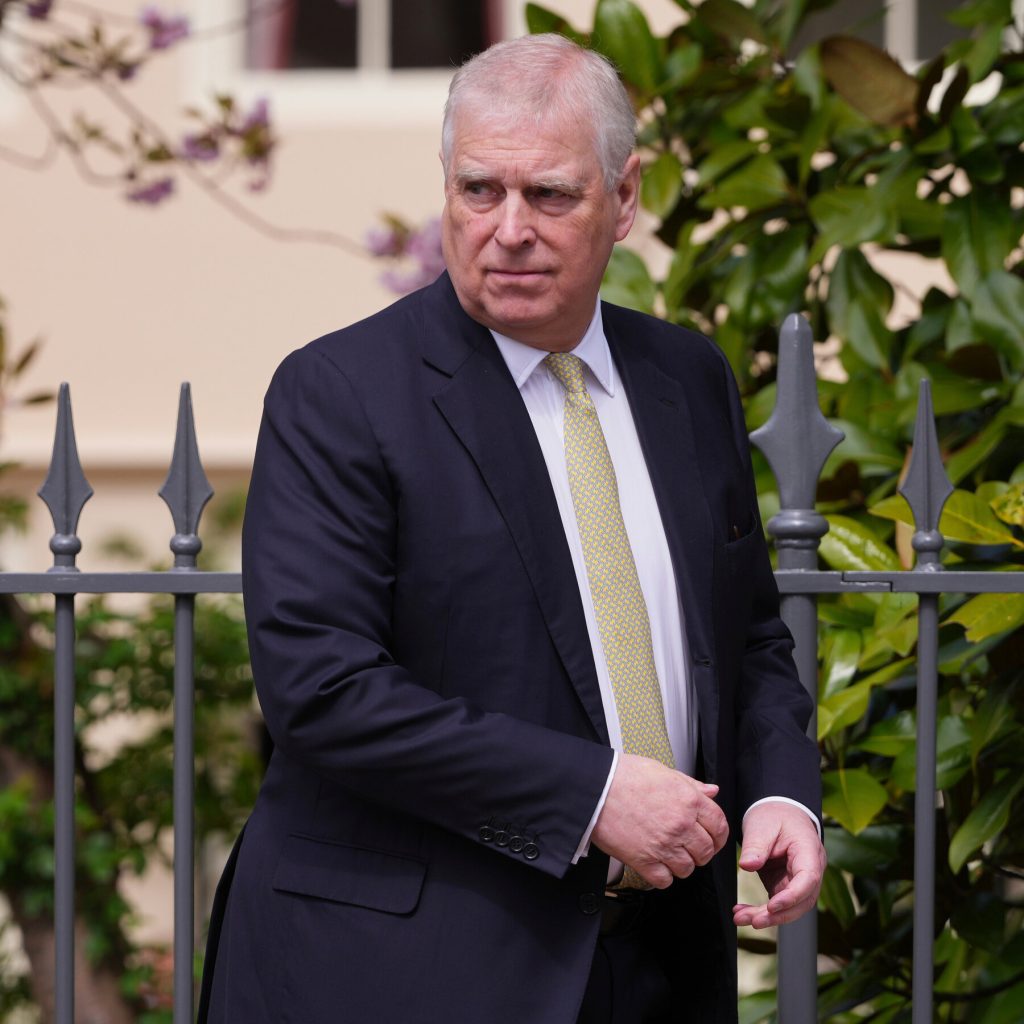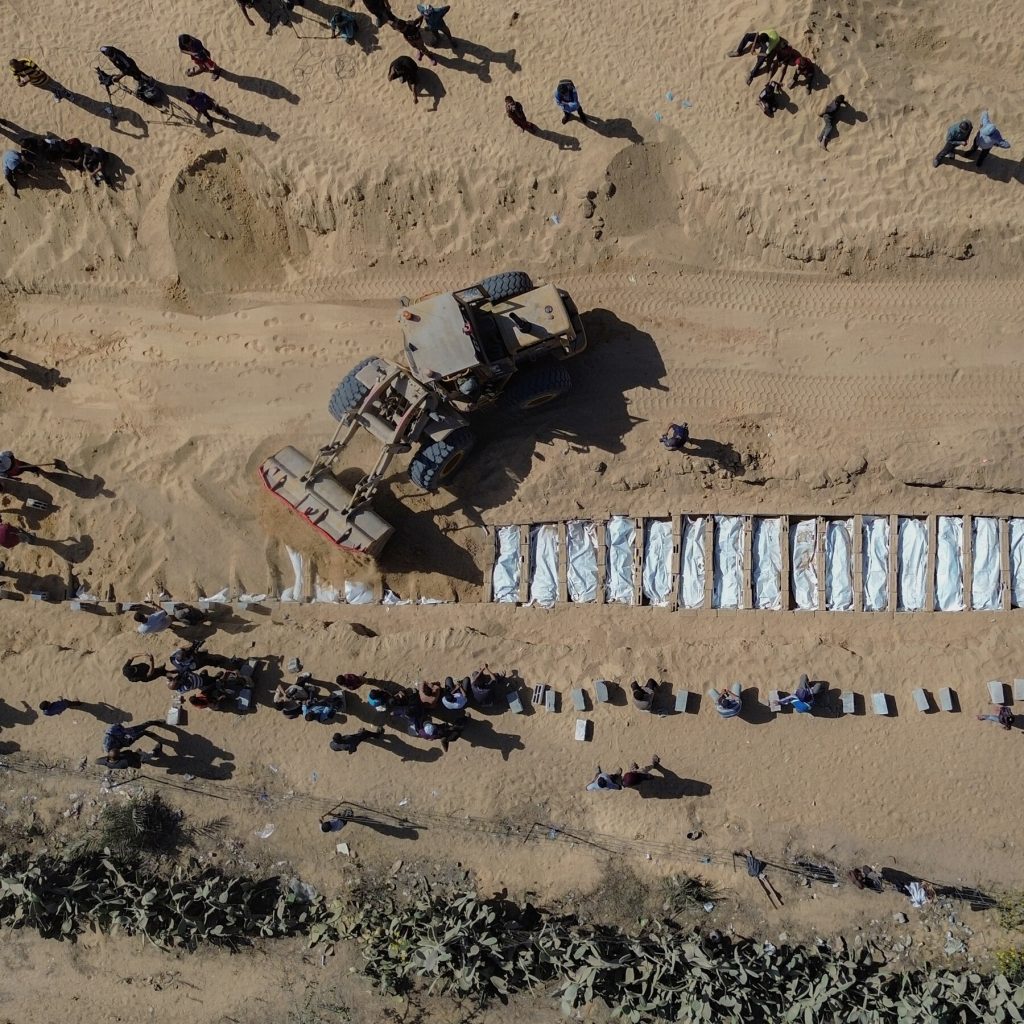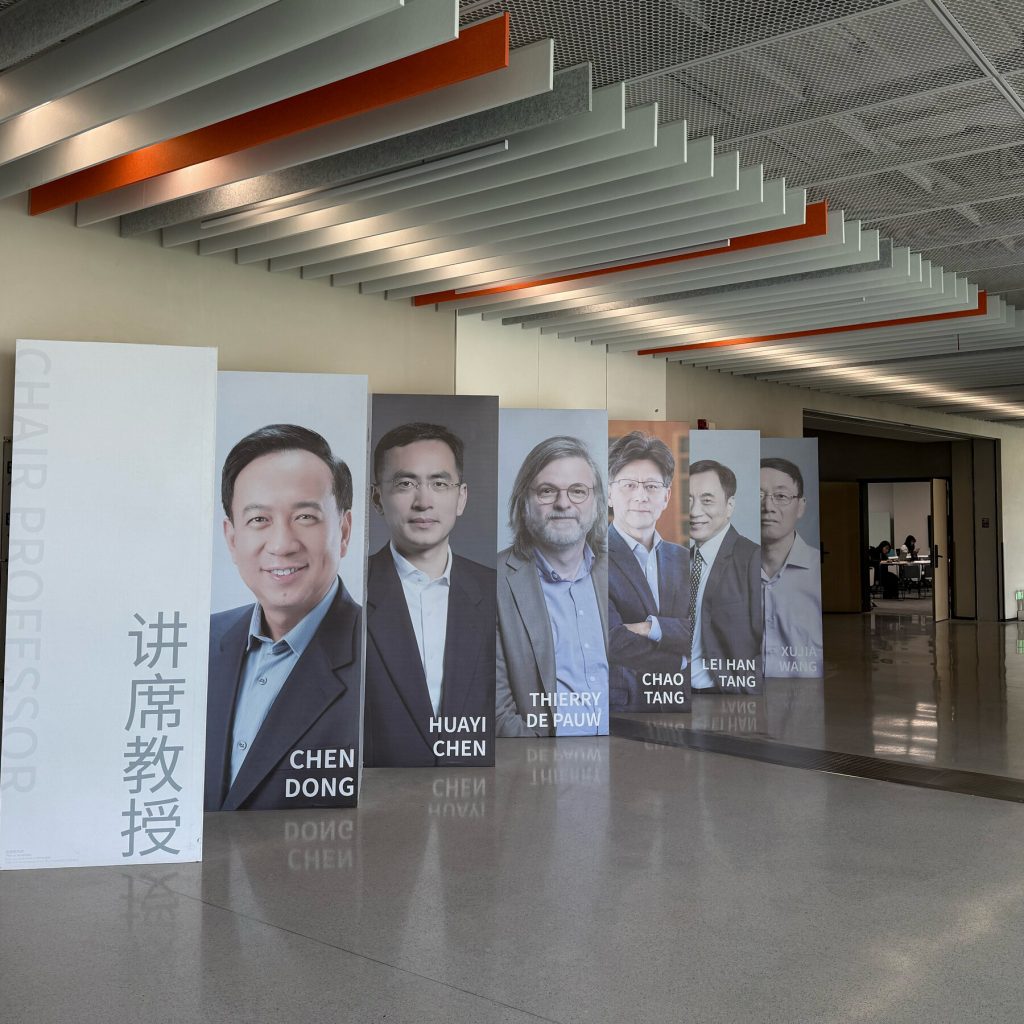Japan’s Prime Minister Faces Backlash Over 3 A.M. Staff Meeting
Late‑night summons spark outrage
Prime Minister Sanae Takaichi has drawn fierce criticism after ordering senior officials to attend a briefing at 3 a.m. on Tuesday. The early‑morning meeting forced staff to stay awake through the night, reviving public anxiety over Japan’s notorious “death from overwork” phenomenon.
Why the meeting was controversial
According to insiders, the agenda focused on urgent policy revisions, but the timing left many participants exhausted and unable to perform their duties effectively. Labor unions and advocacy groups argue that such demands are a blatant disregard for workers’ health and well‑being.
Reactions from opposition and civil society
Opposition lawmakers condemned the prime minister’s decision as “irresponsible” and called for immediate guidelines to protect employees from extreme working hours. The Japanese Trade Union Confederation issued a statement urging the government to adopt stricter limits on after‑hours work and to promote a healthier work‑life balance.
Public sentiment
Social media erupted with hashtags like #NoMoreMidnightMeetings and #StopKaroshi, as citizens expressed frustration over a culture that still tolerates excessive overtime. Many recalled recent cases where employees suffered severe health issues after prolonged periods of overwork.
Government response
In a brief press conference, Prime Minister Takaichi defended the decision, saying the meeting was “essential for national security” and that “temporary inconvenience should not be mistaken for systemic abuse.” She promised to review internal scheduling practices but stopped short of committing to concrete reforms.
What’s next?
Labor experts warn that without clear policy changes, incidents like the 3 a.m. meeting could become more frequent, further endangering workers’ health. The debate now centers on whether the government will take decisive action to curb overwork or continue to prioritize short‑term objectives over long‑term well‑being.







